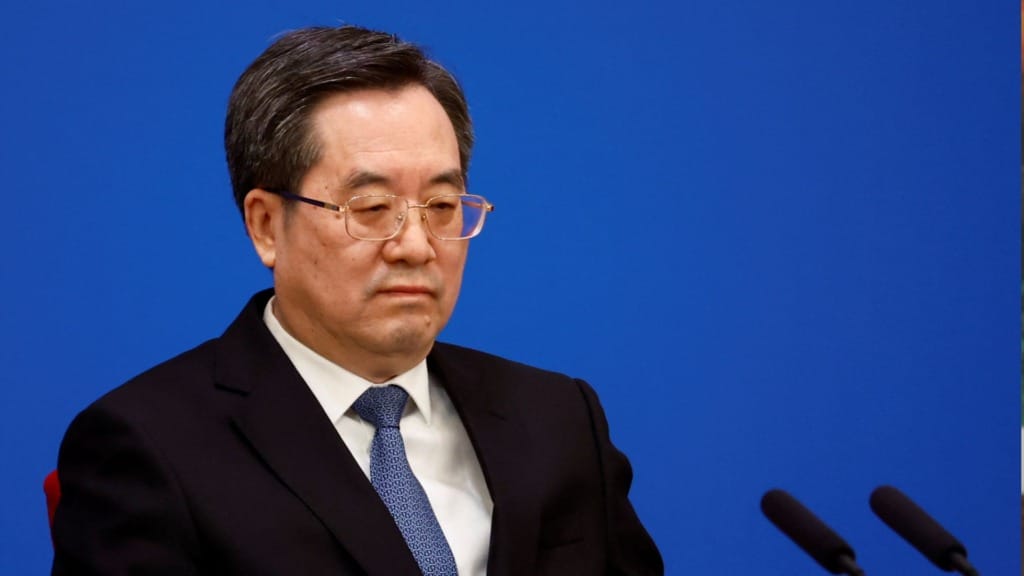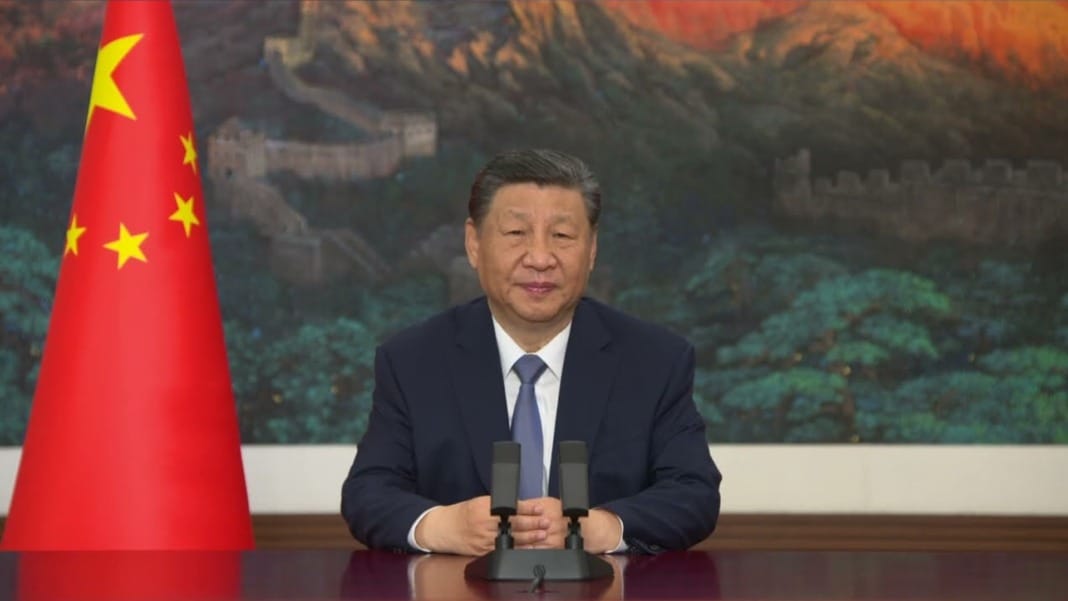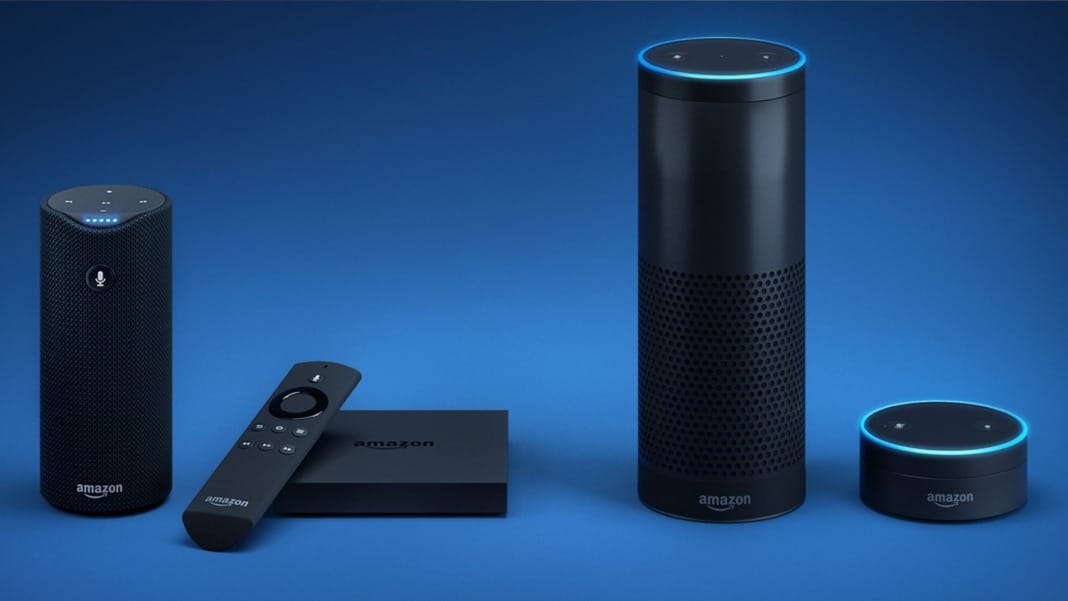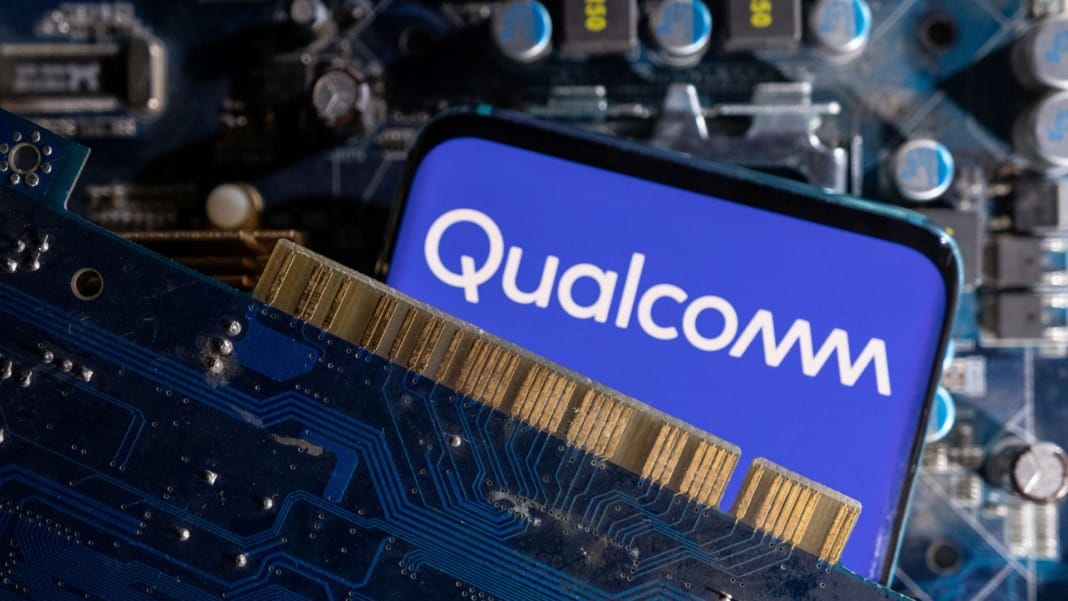Chinese President Xi Jinping has called for global collaboration to build a “shared future in cyberspace,” speaking at China’s annual internet forum against increasing US-China rivalry. The event, held on November 20 in Wuzhen, Zhejiang province, comes amid fears of technological decoupling, particularly in artificial intelligence (AI) and semiconductors.
In a video address to the World Internet Conference, Xi highlighted the rapid advances in AI, which he said have given humanity greater power to reshape the world. However, he also warned of the “unpredictable risks and challenges” posed by these developments. He stressed China’s commitment to pursuing safe and inclusive cyberspace development and expressed a willingness to work with other nations to foster a global cyberspace community. China’s state-run Xinhua News Agency reported his remarks.
US-China rivalry shapes the AI landscape
Xi’s speech coincided with a report to the US Congress from the US-China Economic and Security Review Commission. The commission proposed a “Manhattan Project”-style initiative for AI development, referencing the World War II programme that created the first atomic bombs. While Xi did not directly mention the United States, the backdrop of growing technological competition between the two nations was unmistakable.

Vice-Premier Ding Xuexiang echoed Xi’s message at the forum, emphasising the need for global coordination in Internet governance. Ding underscored the transformative role of AI, big data, and cloud computing in driving economic and social progress but acknowledged the challenges of a growing “digital divide” and worsening cybersecurity threats. He reiterated China’s call for an international effort to create a “shared future in cyberspace.”
The World Internet Conference, hosted by the Cyberspace Administration of China, showcases Beijing’s internet governance model, which prioritises “cyber sovereignty.” This approach enforces strict control over domestic online content and services while blocking foreign platforms through the Great Firewall.
A shifting spotlight on AI at Wuzhen
This year’s conference heavily focuses on AI, featuring panels on responsible AI development, innovation, governance, and its role in driving economic productivity. A newly formed AI expert committee was also announced. High-profile attendees included Lei Jun, CEO of tech giant Xiaomi, who spoke at the opening ceremony.
However, in recent years, the forum has seen declining participation from major Western tech figures, reflecting escalating geopolitical tensions. In the past, the event attracted executives like Apple’s Tim Cook and Google’s Sundar Pichai. However, the conference has become more insular as the US intensifies restrictions on China’s access to advanced semiconductors and AI talent.
This division is evident in moves like OpenAI’s decision earlier this year to block developers in China from accessing its application programming interface. The split in AI ecosystems forces companies and developers to navigate between markets dominated by China and the rest of the world.
Despite its reduced international appeal, the conference remains a key platform for Beijing to promote its vision of cyberspace. As the rivalry between the US and China intensifies, forums like Wuzhen underscore the competing approaches to internet governance and technological development shaping the future of the digital world.





